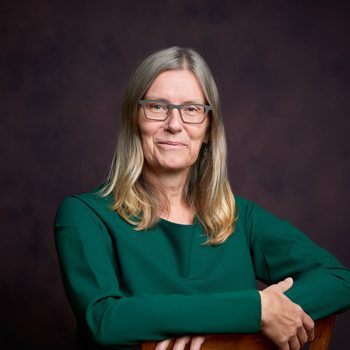Brazil
Many young people in north-eastern Brazil see no possibility of building a livelihood in their home country. They migrate in droves to the big cities or seek work as harvest workers on large plantations, where they often end up in exploitative working conditions.
We train young people in organic farming and help them to develop real prospects for the future in rural areas. The aim is to show young people that rural life does not mean backwardness. The young people are also helped to network with one another and become politically active.
Hear from the people on the ground

Mattheus Costa
Camura
20 years old
Young people in particular are affected by the lack of prospects and poverty in the rural areas of north-eastern Brazil. They often have little access to education and healthcare. The Brazilian government’s agricultural policy supports large landowners with their monoculture plantations, which are geared towards exports. These require intensive use of pesticides and damage the environment. The large landowners are increasingly squeezing out the smallholder families, even though they cover 70% of the national demand for agricultural products. As a result of deforestation, the population is also struggling with prolonged periods of drought and water shortages, which further exacerbates the situation. It is very difficult for young people to build a livelihood here. As a result, many young people migrate to the big cities or seek work as harvest workers on large plantations, where they end up living and working in precarious conditions.
Lorem ipsum dolor sit amet, consetetur sadipscing elitr, sed diam nonumy eirmod tempor invidunt ut labore et dolore magna aliquyam erat, sed diam voluptua. At vero eos et accusam et justo duo dolores et ea rebum. Stet clita kasd gubergren, no sea takimata sanctus est Lorem ipsum dolor sit amet. Lorem ipsum dolor sit amet, consetetur sadipscing elitr, sed diam nonumy eirmod tempor invidunt ut labore et dolore magna aliquyam erat, sed diam voluptua. At vero eos et accusam et justo duo dolores et ea rebum. Stet clita kasd gubergren, no sea takimata sanctus est Lorem ipsum dolor sit amet.
Lorem ipsum dolor sit amet, consetetur sadipscing elitr, sed diam nonumy eirmod tempor invidunt ut labore et dolore magna aliquyam erat, sed diam voluptua. At vero eos et accusam et justo duo dolores et ea rebum. Stet clita kasd gubergren, no sea takimata sanctus est Lorem ipsum dolor sit amet. Lorem ipsum dolor sit amet, consetetur sadipscing elitr, sed diam nonumy eirmod tempor invidunt ut labore et dolore magna aliquyam erat, sed diam voluptua. At vero eos et accusam et justo duo dolores et ea rebum. Stet clita kasd gubergren, no sea takimata sanctus est Lorem ipsum dolor sit amet.

In the north-east of Brazil, in the hinterland of the state of Pernambuco (regions: Agreste, Zona da Mata,
Sertão).

The project is aimed at 420 young people between the ages of 14 and 30. It also reaches 250 families, 750 community members and 120 representatives of institutions.
Young people are no longer young enough to be considered worthy of protection (like children are).
At the same time, they are not yet old enough or adult enough to be taken seriously by society
. They fall between two stools. Yet
they are the future of tomorrow. terre des hommes schweiz sees the promotion of young people
as an opportunity to find effective and sustainable solutions in the project countries. This work can help to bring about decisive change.
2022–2024
CHF 100,000
The cistern programme implemented by Centro Sabiá was suspended under the government of Jair Bolsonaro. Together, we are now fighting for this important programme to be reinstated.
terre des hommes schweiz
Kasernenhof 8
4058 Basel